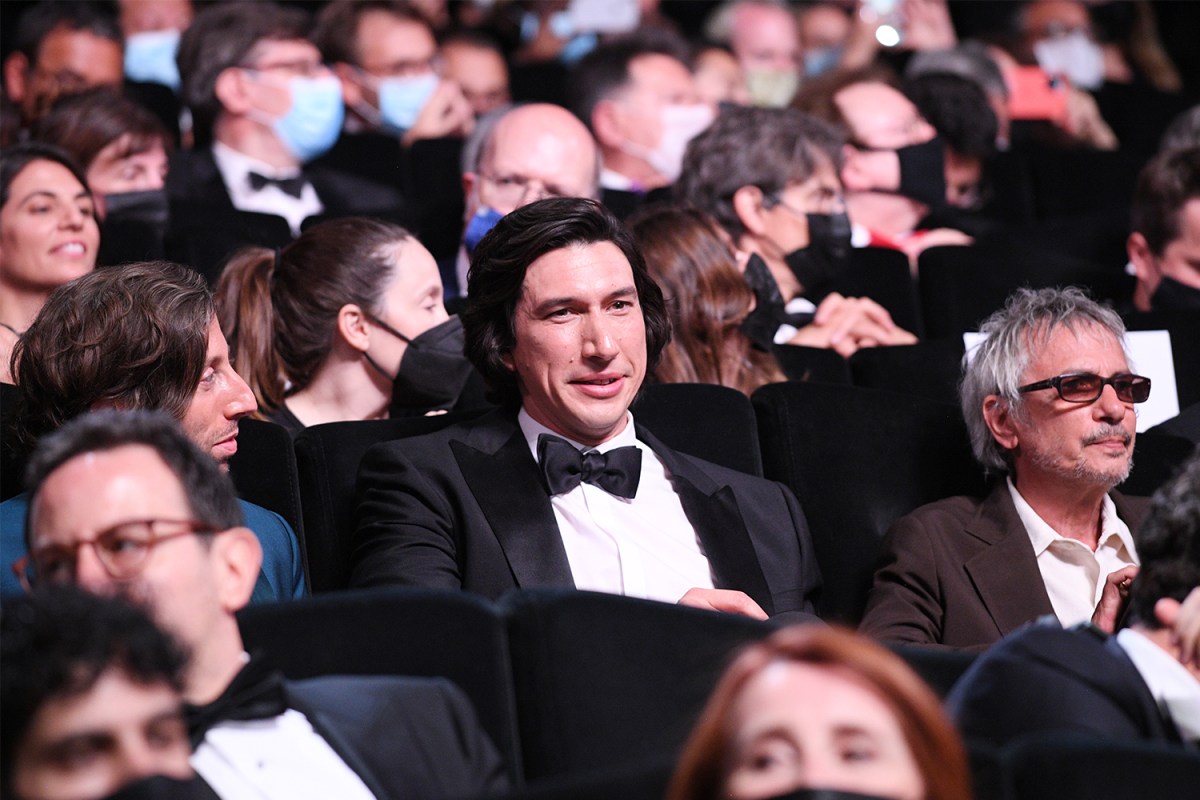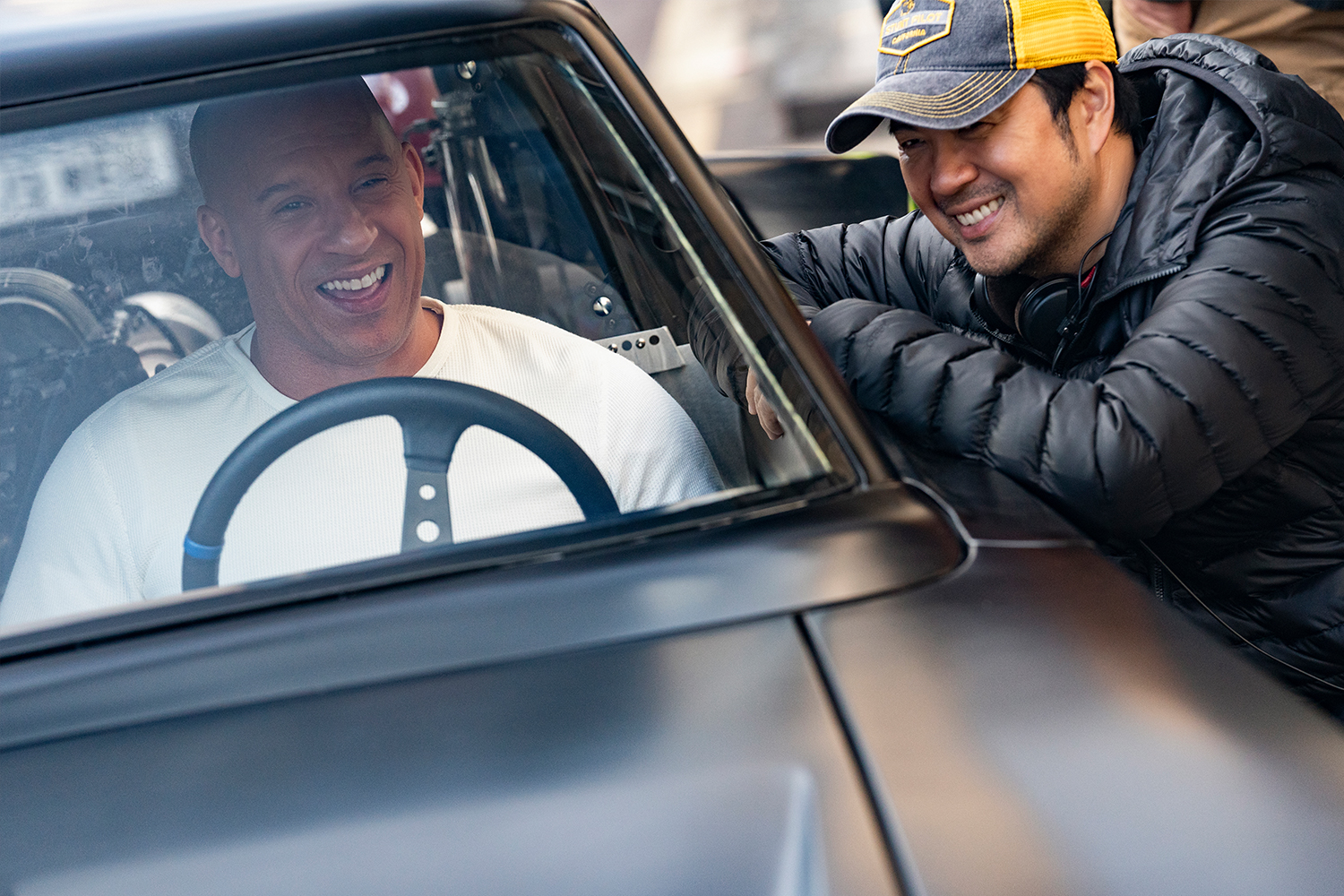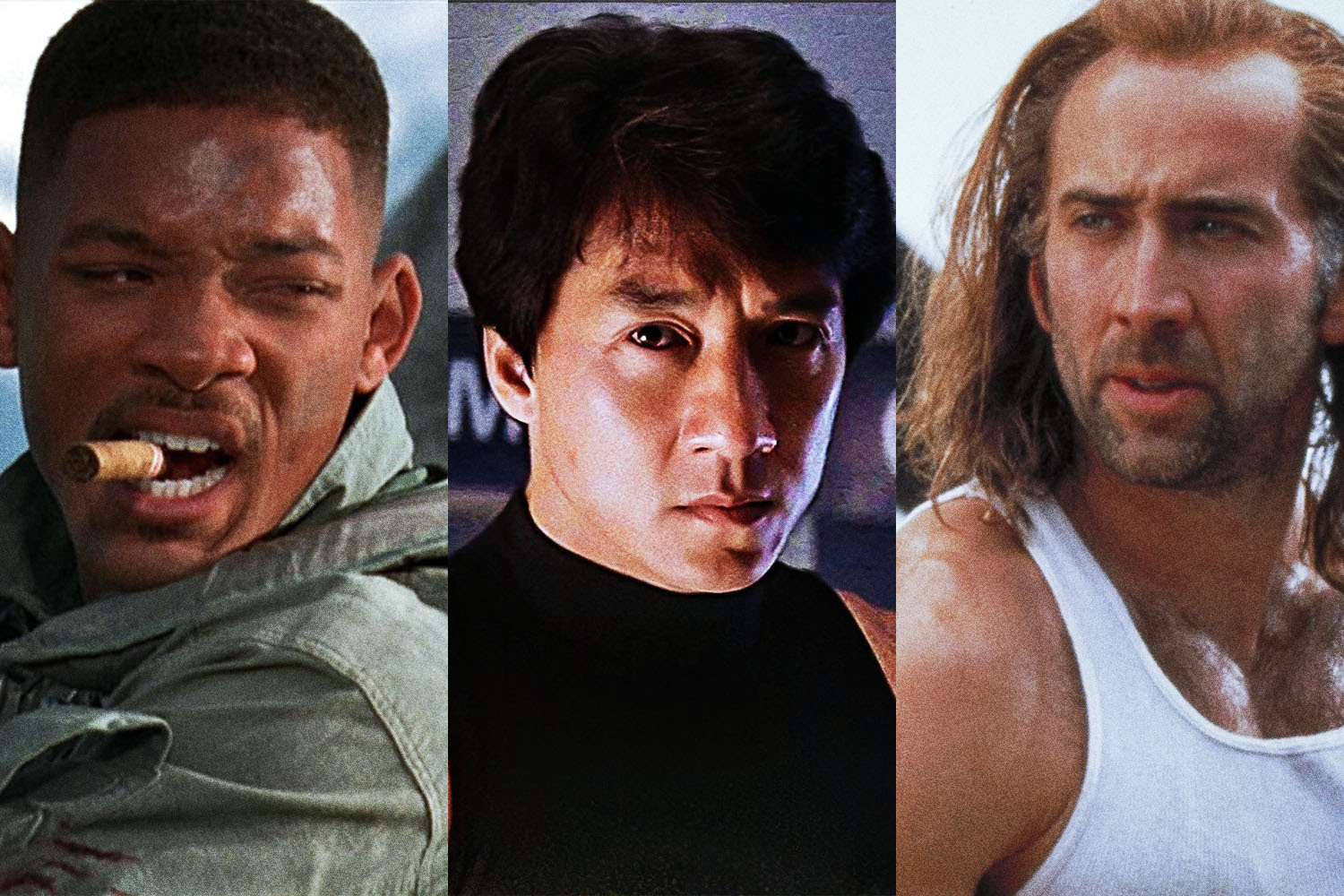This is the first volume of the French Dispatches, our on-the-ground coverage of the 74th Cannes Film Festival, which is back in 2021 after a yearlong hiatus due to COVID-19. Watch this space over the next fortnight for more.
Here on the French Riviera at the height of summer, where the Mediterranean is as blue as a sent text message and tomorrow’s forecast is a cut-and-paste of today’s — low eighties and cloudless in the day, with a cooling ocean breeze at night as you sit out drinking rosé — I have come to spend the better part of two weeks indoors, watching movies.
The Cannes Film Festival is back, more than two years after its last edition, presenting films like Wes Anderson’s The French Dispatch, which had maintained a dignified holding pattern for a year and more, being simply too important to screen anywhere else.
Cannes is the most aspirational of film festivals, with its formal-dress red-carpet screenings, its storied place in the glamorous history of the art film (as the vintage photographs plastered at bus stops all over the city remind you), its money launderers holding parties on yachts docked offshore from the Palais des festivals. Cannes 2021 began as we knew it must, with festival director Thierry Frémaux taking a shot at Netflix. Cannes is art-forward, high-church and very, very hierarchical. Press badges are color-coded; as a first-timer, mine is yellow. (A friend and festival veteran explains: “Yellow basically means, ‘We piss on you.’”) In normal days, this would mean subjecting myself to legendary multi-hour queues; this year, in the name of social distancing, I join the rest of my fellow attendees in an online ticketing system that appears to still be in beta. Other signs of the times: Spit! Spit for cinema! Only EU citizens are eligible for the vaccine passport that grants entry to the main festival building the Palais — your American vaccine card may be good enough for the French government, but not for the Cannes Film Festival — and so I must take a PCR saliva test every 48 hours. (Do the non-Europeans on the jury have to do this? Am I going to run into Maggie Gyllenhaal or Song Kang-ho at the testing station? I somehow doubt it.)
Tuesday night was the festival’s Opening Night gala at the Grand théâtre Louis Lumière, with us lowly press shepherded onto the balcony of the adjacent Debussy to gawp respectfully at a simulcast of the opening ceremony. Even honorary Palme recipient Jodie Foster gave her speech in French — “la cinéma continue” — though American stars like Adam Driver, squirming in the front row, had earpieces in, which we all agreed must be for real-time translation, like at the U.N. Amid the formalwear and montages honoring Foster and jury president Spike Lee and a monologue accompanied by a lounge-piano version of “Somewhere Over the Rainbow” and assorted other pageantry, even I was able to figure out “La magique du cinéma.”
Given the stakes — basically, regaining ground lost last year in the big screen’s war against the small — it’s hard to imagine a better Opening Night film than Leos Carax’s Annette, a years-in-the-making, go-for-broke musical from a director who is at once a visionary maverick and a French institution. Leos Carax emerged in the 1980s as part of a neo-New Wave movement dubbed the “cinema du look” (French for “movies du look”), and the early phase of his career peaked with the grand bicentennial folly Lovers on the Bridge, a story of amour fou, pyrotechnics and godlike camera movements plagued by years of delays, lost funding and difficulty in building a soundstage replica of the Pont Neuf. More recently, his previous feature Holy Motors, the sensation of Cannes 2012, starred his frequent leading man Denis Lavant as a kind of actor without a stage or screen, who costumed himself in different guises over a day of outlandish encounters across Paris, in a metaphor for the way cinema is threaded through everyday French life.
Annette is Carax’s collaboration with the rock duo Sparks, who flirted with the film business for most of their 50-year career but have never before had such a fully realized movie project come to fruition. The film is a rock opera in which Adam Driver and Marion Cotillard sing their feelings in typically precise and ironical Sparks lyrics, and live out a baroque-pop version of a classic doomed love story, updated for the age of viral fame and its discontents. Driver is Henry, a bad-boy standup comic — he wears his hair long, drives a motorcycle, does a caustic, edgy stage act. She’s Ann, a worshiped soprano who sings all the most tragic roles. He kills ‘em, she dies for ‘em. Against a scroll of tabloid TV reports, the divine opera diva and the sad-angry clown play out a delirious courtship (“We love each other so much,” they sing) that fragments under the pressure of her doomy premonitions and his fear, bitterness and anger. Carax, for his part, piles up references to his movies and others, sight gags and audio and verbal puns, cheap digital effects and grandiose emotional ones — “la magique du cinéma,” I guess it’s called. As in Holy Motors, the major accent color is a sickly green like the light on the dock in The Great Gatsby, or the neon sign in Hitchcock’s Vertigo, which gives everything a futuristic glow and a heightened mystique.
Annette opens like Holy Motors, with an overture, this one featuring the main cast and Sparks brothers Ron and Russell Mael singing to the audience about what to expect — “sound and fury,” “no taboos” — alongside Carax and his real-life daughter Nastya Golubeva Carax. Annette, also like Holy Motors, is dedicated to Nastya’s mother, the Russian-born actress Yekaterina Golubeva, known for feral, mysterious performances for Carax and other French filmmakers, she who died the year before Holy Motors of undisclosed cause. As Henry circles the abyss and wrecks his marriage on the shoals of his own rage, he sings a refrain to himself — “There’s so little I can do” — to save his marriage, himself. Carax elides a sense of survivor guilt into a sense of, well, guilt guilt.
“Henry” was also the name of the character in David Lynch’s Eraserhead, and as in Eraserhead, this Henry’s terror of fatherhood is manifest in a grotesque infant. The title character of Annette is, in fact, a puppet — an incredible puppet, with big ears, jigsaw joints, strawlike strands of red hair and a robotic movement. “Baby Annette” — everyone calls her Baby Annette — becomes a singing sensation, with more than 80 million views on YouTube and an angelic voice like her mother’s. The film, which opens with Carax and his daughter, climaxes in a cathartic confrontation between Henry and his. In the meantime, Driver and Cotillard do the best acting with a hilariously fake-looking baby since Bradley Cooper and Sienna Miller in American Sniper. Like I said: Movie magic!
Tasked with embodying self-loathing toxicity amid an overall milieu of expressive excess, Driver is remarkable, tapping into the latent menace of his Original Man screen persona. He is incredibly ripped here, and watching him it’s easy to remember that this is the guy who used to run to Julliard from Queens and eat a whole rotisserie chicken for lunch every day. The role calls for a prancing, clownish physicality like what Denis Lavant has done for Carax in the past, with a brutish edge; Driver does his performances in a robe, like a boxer, and grinds out a banana peel like a cigarette butt before going on stage, where he grumbles and groans, swings the microphone around like a lasso, and berates his fans. It’s a very Sparks-y, self-aware parody of the artist-audience relationship, and Driver dives in with the appropriate mix of self-exposure and contempt. He also sings throughout, of course; the surprisingly high tenor he showed off in Marriage Story holds up, while seeming even more vulnerable and strained at its edges.
This may or may not be Driver’s best performance to date, but it’s for sure his biggest showcase — a fact which will surely interest Spike Lee, who came here with Driver in 2018 to present their mutual triumph BlacKkKlansman. I can imagine Carax’s maximalist approach resonating with the jury president as well. I’m told the Opening Night film at Cannes never wins the Palme d’Or, but if you’re basing your predictions on the nepotism angle, there are other connections as well: Maggie Gyllenhaal starred in the American remake of the Israeli film The Kindergarten Teacher, whose writer-director Nadav Lapid’s Ahed’s Knee is the next Competition film to screen; fellow juror Tahar Rahim shot to stardom at Cannes off Jacques Audiard’s gritty prison epic A Prophet, and Audiard has a new film here; Rahim has also worked with Joachim Lafosse, whose The Restless is among the last Palme contenders to screen before the awards ceremony on July 17th, and which stars Rahim’s wife Leïla Bekhti. Other hotly-tipped-by-me prospects include Paul Verhoeven’s lesbian nun drama Benedetta, the new Memoria by previous Palme winner Apichtapong Weerasethakul, and the two longest films in competition, The Story of My Wife (Borat voice) by Hungarian magic realist Ildiko Enyedi, and the Haruki Murakami adaptation Drive My Car by the brilliant Ryusuke Hamaguchi. All of this is of course subject to change as la cinéma continue (I’m pretty sure I said that right).
This article appeared in an InsideHook newsletter. Sign up for free to get more on travel, wellness, style, drinking, and culture.
























